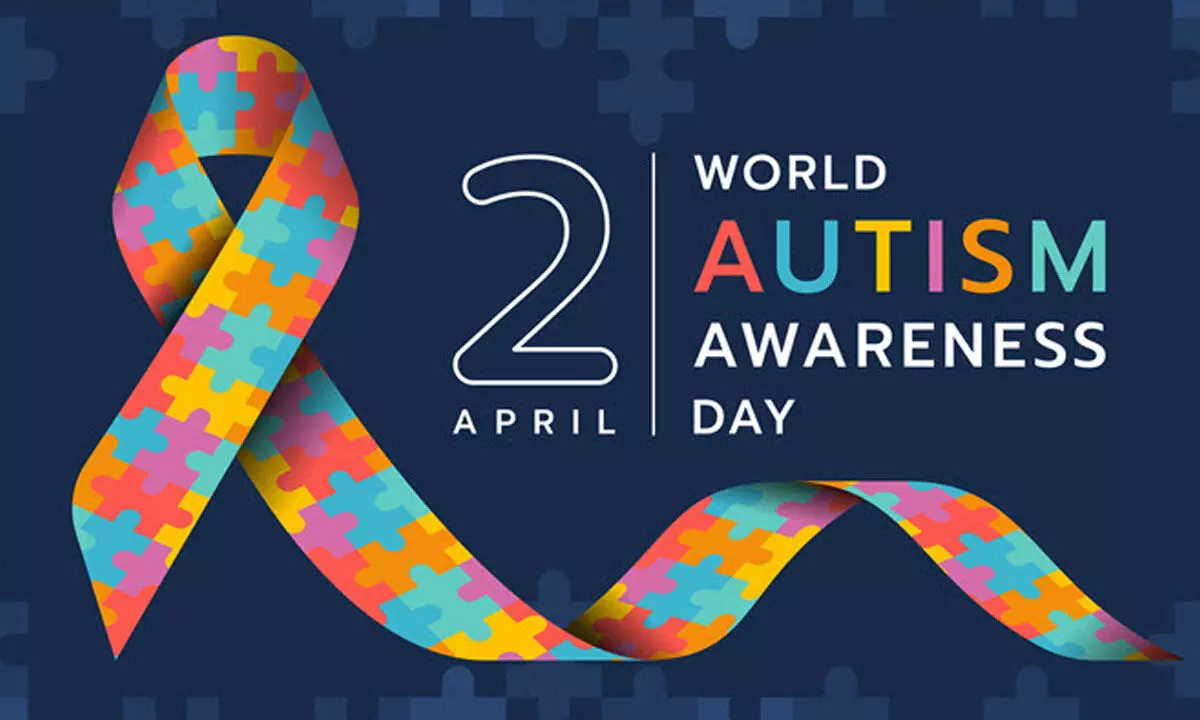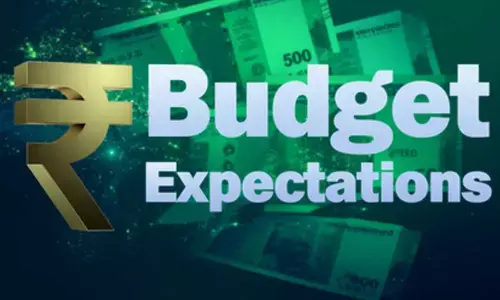World autism day 2nd April

According to latest research, Gestalt Language acquisition can help children with ASD, learn speech and language
The theme of the World autism day this year is, “Moving from Surviving to Thriving”, which emphasizes the need to change the focus from simply dealing with autism to creating an environment in which autistic people can thrive.
The latest research brings new hope in speech therapy for children with autism who can’t learn language through traditional method. By understanding if the child has gestalt language development, the new therapy can use that to make echolalic utterances more meaningful. The research points out that 75-85% of autistic children are gestalt processors and that.
Gestalt language processing is a new way to understand how children with autism acquire language. Not many speech language pathologists in Hyderabad talks about gestalt language processing as it’s a new term coined but speech therapist worldwide are talking about it. If we understand their processing pattern our speech therapy can be more effective.
Children with autism have many a times lot of echolalic speech which they pick up from songs, movies, T.V. shows, books, or something they pick up from family members or those around them.
Gestalt Language Processors use echolalia to communicate meaning The word ‘gestalt’ means ‘whole,’ so gestalt units are typically long ‘wholes,’ whole sentences, whole songs, whole stories.
Gestalt language acquisition is a style of language development with predictable stages that begins with production of multi-word “gestalt forms” and ends with production of novel utterances.
At first, children produce “chunks” or “gestalt form” (e.g., echolalic utterances), without distinction between individual words and without appreciation for internal syntactic structure.
As children understand more about syntax and syntactic rules, they can analyze (break down) these “gestalt forms” and begin to recombine segments and words into spontaneous forms.
Eventually, the child is able to formulate creative, spontaneous utterances for communication purposes.
Stages of Gestalt Language Acquisition
• Echolalia Utterances are largely echolalic and serve either a turn-taking function in conversation or a self-stimulatory function.
• Mitigation Cognitive growth and experiences fuel echolalia that serves greater variety of functions.
• Isolating Words & Recombining Early language structure is learned and echolalic utterances are broken down more as spontaneous language increases.
• Generation Spontaneous and more flexible language grows as semantic, syntactic, and morphological rules are acquired.
Speech Therapy for Gestalt Language Learners
The ultimate goal in speech therapy for children who are gestalt language learners is to eventually use self-generated language. Speech therapy intervention for gestalt language is the most effective when language is targeted in the most natural and engaging contexts as possible. A speech therapist will likely embrace child-led play and the child’s interests to target language. For gestalt language, acquiring skills takes time, detective work from caregivers, and consistency. This will be best accomplished by doing activities or playing with items that the child enjoys.
4. Tips for Responding to Echolalia and Gestalt Language
• Respond! Smile, nod, or even just repeat it back to acknowledge that you know it is a communication attempt.
• Don’t take the echolalia or scripted comment seriously (i.e. “it’s on fire!” may have a different meaning to the child than something actually being on firehotetc.).
• Don’t respond with “replacement language”. Language development is a process. It’s better to embrace a child’s attempts to communicate and clearly model your OWN language during good teaching moments.
• Be a detective – Ask yourself, “What are they communicating to me when they say this script”. Once you discover the true meaning, you will be able to target ways to increase self-generated language through modeling your own language.
















